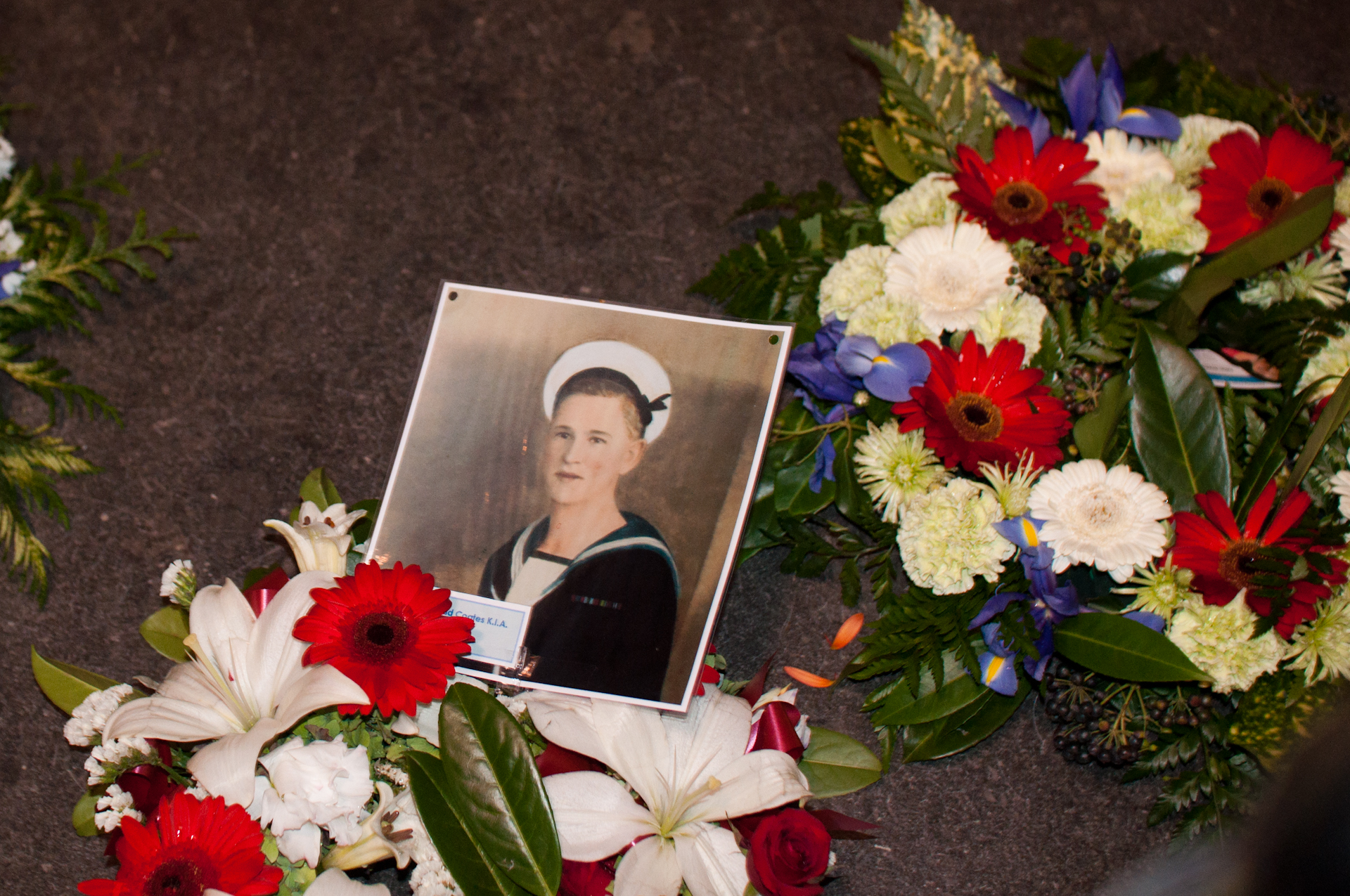On a day that commemorates all those who gave their lives in Galipoli during World War One (and now expanded to all those who have died in war efforts since), many took part in the Dawn Service and march in Melbourne this year. Almost one hundred years on from the beginning of World War One, there is still support from the youth of Victoria for those who fought in the initial wars.
Even though these young people may not have known a war veteran it seems that something inside them, whether it may be obligation, patriotism or the Anzac spirit living on, sparks a need to pay tribute on the 25th of April every year.
Many youth who involve themselves in service roles such as the army or ambulance cadets volunteer their services on this day, relying on what they have learnt to make the day safe and proudly represent their forefathers at the memorial service.
Following on from the official proceedings two St John Cadets were asked to elucidate what meaning Anzac Day held for them:
Claire L, 14
‘Anzac Day, to me, means remembering all the people and all the lives that weren’t lived to their fullest potential yet. It’s just a way to remember people who gave so much but received so little in return.’
Claire T, 16
‘I think Anzac Day is a way of remembering the people who have died and all those survivors whose lives are probably so different now from what they would have been if the war hadn’t happened. It’s about honouring these people who gave their lives to give us freedom and just being grateful that it’s not in this time and that we’re not living with war now.’
Furthermore there were those who did indeed have close relatives who fought in the wars and found it pertinent to carry on their legacy when they were unable. Kasey, 17, was one of these youth, decorated with her great-grandfather’s medals at the ceremony. When asked her personal views on what Anzac day means to her she replied, ‘It’s just good to remember what all these people have done for our country. My great-grandfather fought in the war and he couldn’t come today, so that’s why I came.’
Since the time of the war Australia has become a vastly more multicultural nation. In light of this, it is interesting to note what meaning Anzac Day holds for these people who may not have a direct link to the soldiers but who still want to celebrate or commemorate the history of a country that the now call home. Sivani, 14 years old and her friend Marsha, 15 who were involved in the ceremony had this to say about Anzac Day from their perspective:
‘Anzac day means a lot because you get to respect people that put their lives out for you and it’s an honour to respect them and represent them’ – Sivani
‘It’s a great way to show our support to everyone who risked their lives. It’s a great way to show how many countries there are in Australia and a great way to celebrate this day’ – Marsha
If these young people are any representation of the youth of Australia, the memory honoured by Anzac Day looks to be in safe hands.
[imagebrowser id=1]
 Madeleine McCarty is in her final-year of a Bachelor of Arts with a Major in Media Studies at La Trobe University. She is 1/10th of the upstart editorial team for 2012. She is now aware that Anzac Day is still an significant day for many young people. You can follow her on Twitter @MadeleineKMcC.
Madeleine McCarty is in her final-year of a Bachelor of Arts with a Major in Media Studies at La Trobe University. She is 1/10th of the upstart editorial team for 2012. She is now aware that Anzac Day is still an significant day for many young people. You can follow her on Twitter @MadeleineKMcC.







